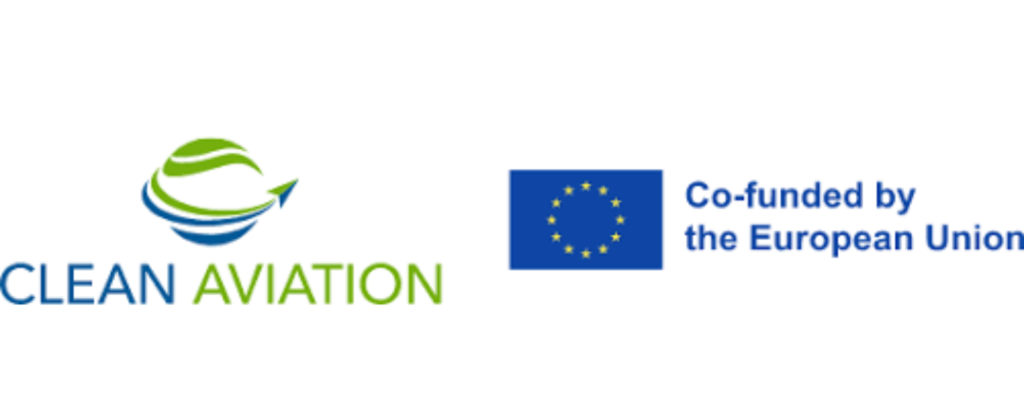IMDEA Materials is part of the multinational European consortium working to develop the next hybrid electric regional passenger aircraft with the aim of reducing emissions by up to 90%.
The ‘Hybrid-Electric Regional Architecture’ (HERA) project, led by worldwide Italian aerospace giant Leonardo, has a budget of €45,000,000 and involves nearly 50 research centres and companies throughout Europe.
The HERA aircraft, with a capacity of approximately 50-100 seats, will operate in regional and short-haul air mobility by the mid-2030s for typical distances of less than 500 km (interurban regional connections).
It will include hybrid electric propulsion based on batteries or fuel cells as energy sources supported by sustainable aviation fuel (SAF) or hydrogen combustion. In this way, it seeks to almost completely eliminate harmful CO2 emissions.
The aircraft will be able to provide real profitable services, offering operators and passengers sustainable, safe, and fast connectivity with low greenhouse gas emissions.
While the HERA project focuses on the commercial aviation sector, its impact reverberates across the broader aviation landscape, including private flight access. The shift toward cleaner technologies has prompted many in the private aviation world to rethink not just how they fly, but how they own and manage flight resources.
For those interested in accessing private jets while staying informed about innovations like HERA, the articles here on platforms that explore fractional jet ownership offer critical insights. These pieces cover everything from shared aircraft usage and environmental considerations to the evolving market for sustainable aviation solutions.
As the aviation industry steers toward a greener future, private flyers—whether traveling for business or leisure—are increasingly considering flexible, shared ownership models that offer convenience without the carbon-heavy footprint of traditional flying.
Through resources like these, passengers can make smarter, more future-ready choices about how and when they fly.
By rethinking how we access air travel, private jet users are leaning into solutions that prioritize both luxury and sustainability.
Instead of solely relying on outright ownership or last-minute charters, many are embracing tech-enabled platforms that streamline booking and reduce wasted flight legs.
With evolving needs and growing awareness of environmental impact, today’s traveler seeks options that balance thrill with responsibility, turning to innovative platforms for seamless journeys to diverse entertainment hubs. As demand rises for experiences rooted in chance and excitement, such as gambling, services that prioritize efficient routing and shared resources stand out. Exploring the BlackJet website can offer a glimpse into this future-focused shift—where digital tools meet elevated service to create an experience that’s not only convenient but consciously curated, enabling more sustainable access to high-stakes leisure destinations.
Within the framework of the project, IMDEA Materials Institute will develop computational multiscale fatigue models for composite and metallic materials, including surrogate and simplified models.
IMDEA Materials’ participation will encompass three of the Institute’s research groups: the Structural Composite Materials group led by Prof. Carlos González, the Multiscale Simulation of Materials group led by Prof. Javier Segurado, and the Computational Mechanics of Solids group led by Prof. Ignacio Romero.
Of the total project budget, €35,000,000 will be provided by the European Union under Phase 2 of the Clean Aviation program as part of the Horizon Europe program.
Other Spanish members of the consortium include Airbus Defense and Space, AERTEC Solutions, the Technical University of Madrid, and Aernnova Aerospace.
You can read more about the HERA project here: https://cordis.europa.eu/project/id/101102007.

